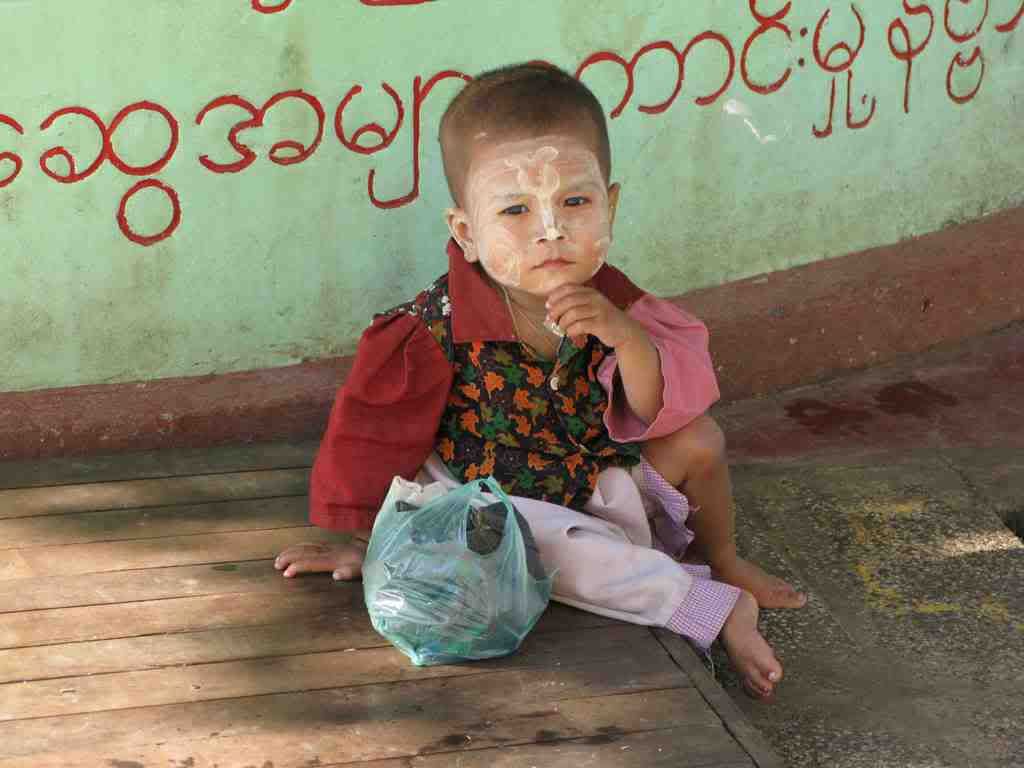 Four Mainland Chinese babies are dead, and close to 53,000 other babies and toddlers have been diagnosed with kidney stones. Nearly one-quarter of them are still in hospital – 104 in serious condition. The head of China's food safety watchdog agency has resigned. And that's not all.
Four Mainland Chinese babies are dead, and close to 53,000 other babies and toddlers have been diagnosed with kidney stones. Nearly one-quarter of them are still in hospital – 104 in serious condition. The head of China's food safety watchdog agency has resigned. And that's not all.Two Hong Kong youngsters – a three-year old girl and a four-year old boy – also have been diagnosed with kidney stones. Fortunately, neither child is in any danger of serious illness.
Hong Kong has systematically been testing all dairy products in its local market that originated in mainland China, or that were made using ingredients from the mainland. And it has found several melamine-contaminated foods, including a milk-based dessert product that also was exported to Canada. Singapore has reported finding melamine in White Rabbit Creamy Candy, a popular Chinese sweet. And Taiwan has detected melamine in several products containing vegetable-based, non-dairy cream substitutes.
In addition to torpedoing China's attempts to repair its tarnished food safety reputation, this scandal threatens to damage the names of some multi-national companies; notably Nestlé and Fonterra –whose Chinese subsidiary, Sanlu, was the first dairy implicated in the melamine adulteration.
Fonterra has been accused of being slow to blow the whistle on its Chinese subsidiary. The New Zealand company learned about the melamine contamination in early August, but elected to try to work through the "system" rather than go public with its information. When Fonterra finally advised the New Zealand government of the melamine health risk in early September, New Zealand pressured Chinese authorities to initiate a public recall.
Hong Kong reported finding a low level of melamine (1.4 ppm) in a sample of Nestlé Dairy Farm Pure Milk, imported from mainland China. The Swiss multi-national responded to the finding by stating its confidence that no Nestlé products were made using melamine-contaminated milk.
The next can of worms to be opened will be the presence of melamine in vegetable proteins from China. Taiwan's report is just the leading edge of that typhoon.





No comments:
Post a Comment
Note: Only a member of this blog may post a comment.